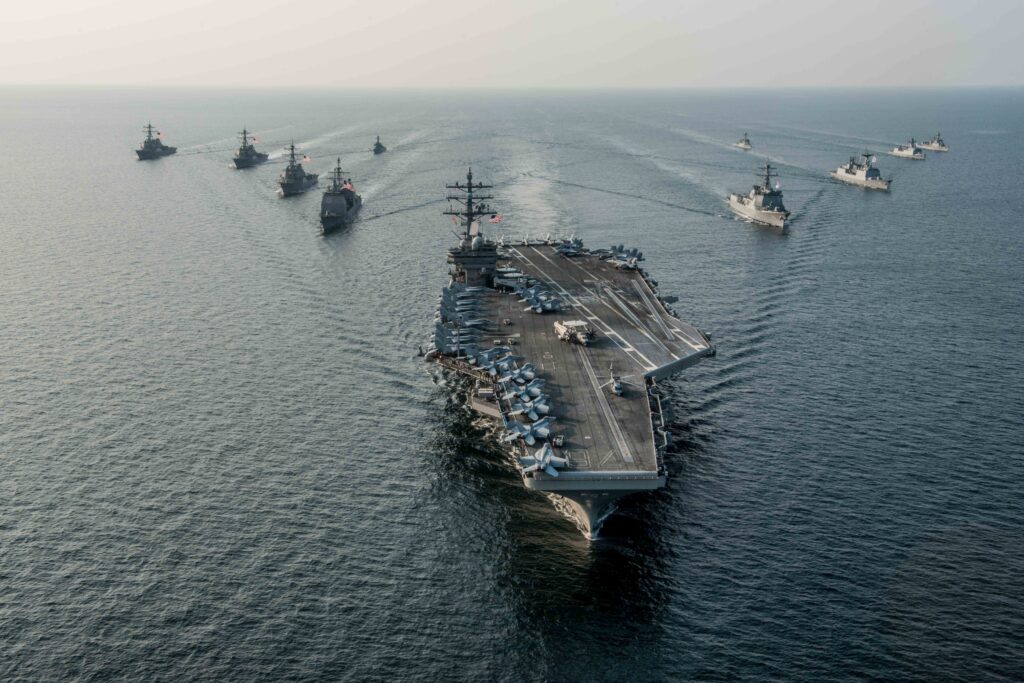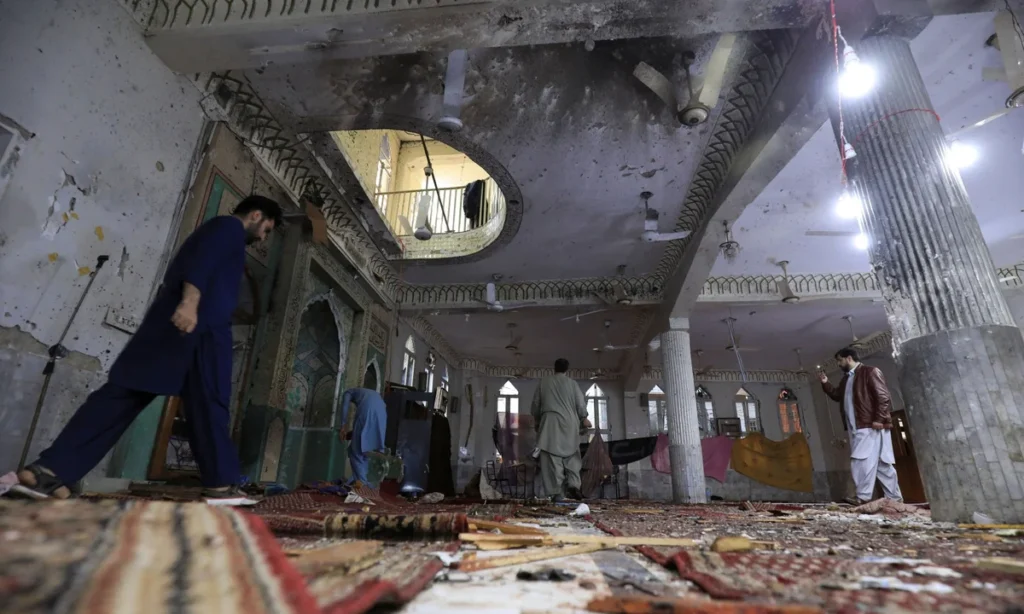
The assassination of Ismail Haniyeh in Tehran removes a key figure from Hamas’s political leadership but is unlikely to impact the group’s military operations in Gaza.
The death of Haniyeh, a major Hamas leader, is not expected to affect the decision-making of Gaza-based commanders who continue to lead the group’s military efforts against Israel.
Potential successors, including Khaled Meshaal, a former Hamas leader who survived an Israeli assassination attempt in 1997, are likely to step into leadership roles.
Despite this leadership change, experts believe Hamas’s strategies in Gaza will remain unaffected. Leaders like Yahya Sinwar continue to direct operations with significant autonomy.
The assassination underscores the risks faced by Hamas leaders abroad. Haniyeh is the second senior Hamas figure killed in a Middle Eastern capital this year, following the January drone strike that killed deputy leader Saleh al-Arouri in Beirut.
Israel’s attempts to eliminate Gaza-based Hamas commanders responsible for the October 7 attack, which resulted in over 1,200 deaths and 250 abductions, have yielded mixed results.
The death of Marwan Issa, a deputy military commander, was confirmed by the U.S., though Hamas has neither confirmed nor denied it. An attempt to kill Mohammed Deif, the Qassam Brigades leader, in July resulted in numerous Palestinian casualties but no confirmation of Deif’s death.
Hamas officials, including Khalil Al-Hayya, deny reports of Deif’s death, and Sinwar is believed to still be active, potentially directing operations from Gaza’s bunkers while engaging in indirect negotiations with Israel over a prisoner swap.
Israeli Defence Minister Yoav Gallant has suggested that Hamas leaders are “living on borrowed time” following the October 7 attack, which led to Israel’s ongoing offensive in Gaza, resulting in nearly 40,000 Palestinian casualties according to health authorities.
A source close to Hamas indicated that assassinations do not significantly impact the group, with fighters on the ground continuing their operations based on orders from Gaza’s leadership.
Haniyeh, who took on a prominent leadership role in 2017, was viewed by Hamas officials as a victim of Israeli attempts to create a false narrative of victory.
Sami Abu Zuhri, a senior Hamas figure, suggested that Israel’s actions reflect their failure to defeat Hamas in Gaza, highlighting that the group has survived numerous assassinations, including that of co-founder Sheikh Ahmed Yassin in 2004.
Hamas, founded in 1987 as the Palestinian branch of the Muslim Brotherhood, is expected to continue its operations with its established leadership structure, including veteran politicians like Meshaal. On the military front, the group’s strategic approach remains unchanged, with leadership in Gaza retaining control over military decisions.




